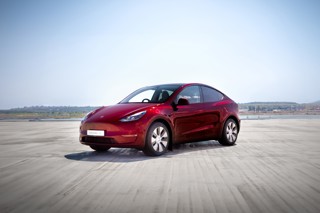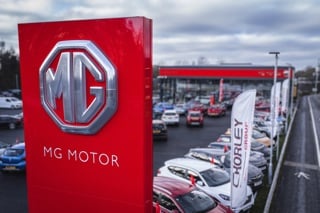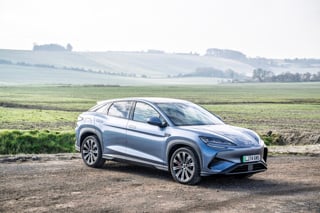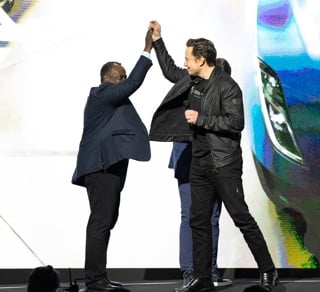Ell revealed that Tesla will be working with an independent dealer to handle its part-exchanges and used car operations. So even when choosing a dealer partner, Tesla has opted to do it outside the franchised dealer network.
Aftersales is not a profit centre
Tesla’s approach to aftersales flips the usual dealer model on its head. While traditional franchised dealers use aftersales departments to help absorb the costs of their overheads, Tesla does not run aftersales as a profit centre.
There is a cost to the customer, but there’s no profit in it for Tesla. It’s a problem many dealers have identified with electric cars. There are fewer moving parts and therefore fewer opportunities to charge for parts or servicing.
Tesla’s vehicles will still need new tyres and air conditioning servicing, but it has factored in the cost to the company and to customers and believes it can support this strategy, even as volumes increase.
“We believe it’s a better customer proposition’” said Ell. “Isn’t there something slightly at odds with the customer’s best interests when your business makes most of its money from the vehicles being serviced?”
Tesla recommends an annual service, but if a customer chooses not to bring the car in, it will not invalidate their warranty. Customers can buy a four-year service plan up front or can opt for a VIP package, where a Tesla technician will visit the customer and do the service at a location of their choice.
So how does Tesla make enough money to run a profitable business?
Ell said the business is currently running at a 25% profit margin on the Model S and this will increase to 28% at the end of the year.
Tesla is in the process of building a ‘Giga Factory’ in the US to mass-produce the lithium-ion batteries used in its cars and this will reduce its manufacturing costs further, as well as increase margins.
In terms of employee remuneration, Tesla does bonus on sales. Product specialists get a flat commission on each sale regardless of model sold or finance or options’ packages taken. As a consequence, the basic level of pay is slightly higher.
Selling the ‘zero running costs’ car
Tesla intends to cover the entire UK with a network of superchargers, which will charge the Model S to a range of 170 miles in 20 minutes. Customers who purchase the supercharger package on the Model S and future models will be able to use the supercharger network for free for life.



















Stewart - 06/09/2014 10:00
With the attitude this company has I trust that will be spectacularly unsuccessful in the UK